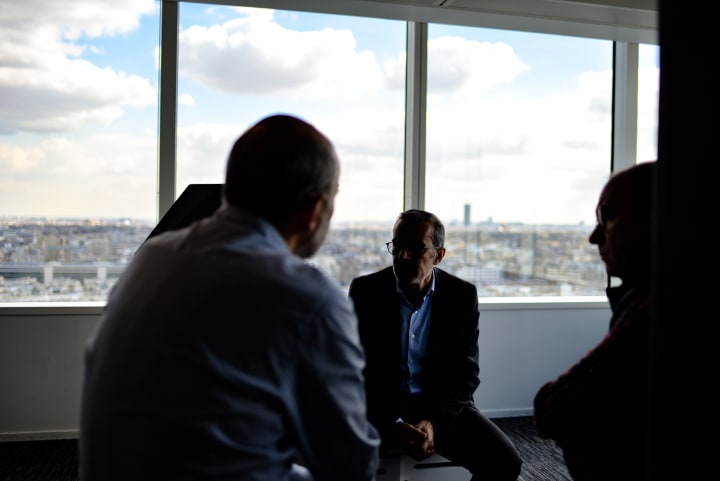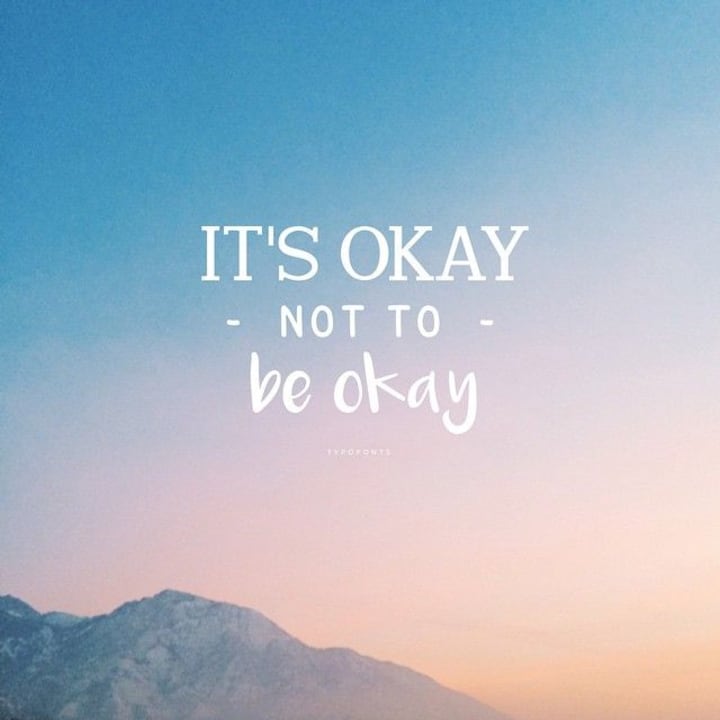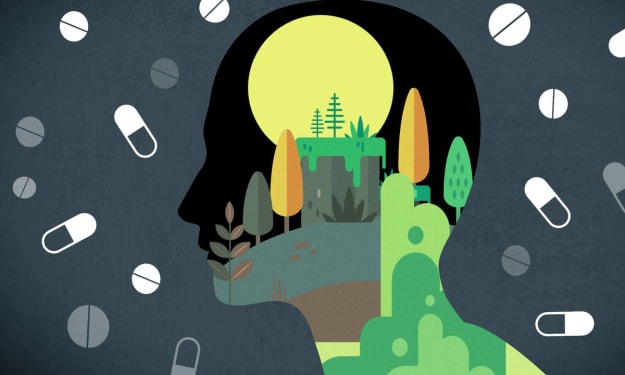
A few months ago, I was invited by a friend of mine to join a private support group for men. So basically, it is a group that meets weekly and is a place for men to share any goals, issues, difficulties they have in any aspect of their life, and to get support and honest feedback from the others that are there.
The group is a nutshell. It’s a platform for growth-minded men of all ages to connect with and be supported by other men. It’s the cultivation of a rare environment in which men can be authentic and vulnerable about whatever they are striving for or facing in their lives, and to be seen and accepted. It’s about men having each other’s back and helping each other strive for the best in career, relationships, and well-being.
I have never heard of the idea of the brotherhood before, but my friend was the founder of the chapter in the city I live invited me to join, knowing that I would be interested in this kind of initiative.
I was new to the city, lonely, fighting depression, and I badly needed friends and new people to connect with and be around.
The idea of the group seemed interesting because it was the first time I felt part of something where I can openly speak about my emotions and share them with other guys without being scared to feel judged due to toxic masculinity issues.
I immediately agreed on my friend’s request to join the brotherhood and looked forward to the first meeting.
When the day of joining the group arrived, I bolstered enough energy to go there, as I was fighting hard to leave my house every morning, so for me, the brotherhood idea meant the world to me, and I found it as an outlet for my feeling of isolation.
The first meeting was in one of the member’s house. We sat in a circle, and everyone started sharing very personal things about themselves. It was intense, emotional, but uniquely beautiful.

The first time my turn came, I started talking about my depression, and how it was affecting my life. Few members of the group shared insight from their own experience with anxiety and depression, but I could tell that there was some lack of knowledge about the topic by many of them there. I felt relieved to be able to talk about my struggle even if I couldn’t find any solution. Being listened to made me happy and boosted my self-worth.
I kept talking about the same issue every week, and as I started to know other men better, I started allowing myself to talk about my darkest fears, such as the idea of death or suicide. One day I was feeling broken, and I asked the group about the point in wanting to get better because, at that time, it seemed impossible for me to have better mental health.
I faced silence for the first time. Nobody could reply to me. I was scared to ask a similar question, but I did so because the main idea of the group was to seek acceptance from other men and to be myself.
The next meeting I started talking about my suicidal thoughts and that I did have them from time to time, a massive wave of silence was thrown at my face again. I could sense how they were shocked, uncomfortable, and scared at the same time, but to be honest, I didn’t know if they were worried about me, or worried about themselves.
Right after the meeting, I received a phone call from the founder telling me that some members think that I was not willing to get better and that I was emotionally unstable, so he asked me to be more positive and to more optimistic.
I felt deeply hurt by his request, as for me, it felt like they were making me feel like a stranger, yet the idea of the support group is to accept other men no matter what issues they are having.
I felt sad, alone, and blamed for something I had no power over.
I was told that my mental illness was “no excuse” for having suicidal thoughts, for being negative, for being unstable as they said or for not doing X and Y, and this is for me another a form of discrimination.
There was a total lack of awareness and sensitivity in handling my situation.
Asking me to pretend to be okay would never solve my issues, and I wouldn’t sacrifice the way I feel to make other people feel less threatened by my emotional instability.
I was angry at my friend, and a few days after I decided to quit the group because the primary purpose behind my adhesion was not met anymore. My needs were not understood, and I was not accepted as a person with a mental illness.
Life can be hard, but I find that wandering in it with a mental illness makes things even worse. If I were sick and bedridden because of some physical disease, I would not have had to face this judgment probably.
I still feel lonely, as I am new in the city, I am taking my time to find my people when I have the energy to do so, I still struggle, but for me, I could never accept other people to make me feel less than enough just for having depression.

I chose myself before anyone else in the support group, and I am so happy I made that call.
I hope the world becomes a better place that everyone with a mental illness can feel understood and accepted for who they are.
To everyone who is currently fighting depression or other forms of mental health issues: please do not be afraid to share your struggle with other people around you. I send you a big hug, and I wish you remain resilient and truthful to who you are, because at the end of the day, you only live once, so please make it worthy.






Comments
There are no comments for this story
Be the first to respond and start the conversation.